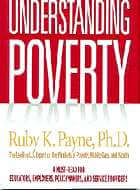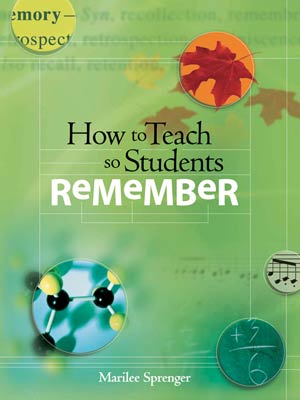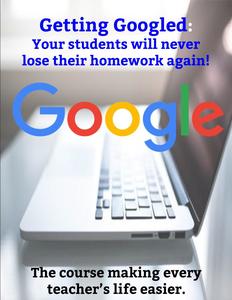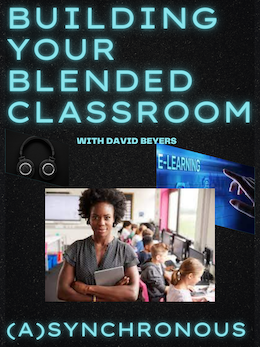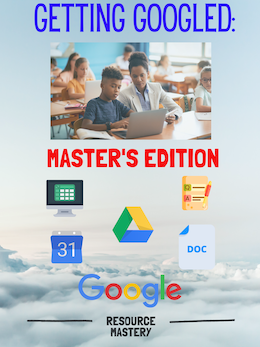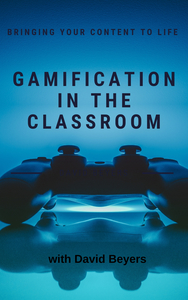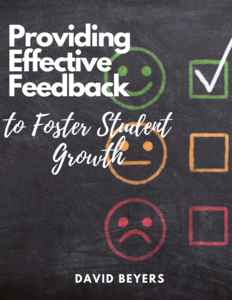- 3 Credits - 3 Semester Credits(post-baccalaureate PD credits for re-certification andpay-lane increases)accredited nationwidestart any timeup to 5 months to completeindependent studyall course materials included with course tuitionview FAQCourse DescriptionThis course examines the implementation of Critical Race Theory and Woke Ideology into American schools nationwide. Teachers and the public have become aware of numerous questionable ideologies and social values that administrators and the media are promoting in American schools. Educators will examine the historical origins of the CRT and Woke views that teachers are expected to instruct and implement in the classroom. Educators will learn how to discern between ethical and rational
- 3 Credits -
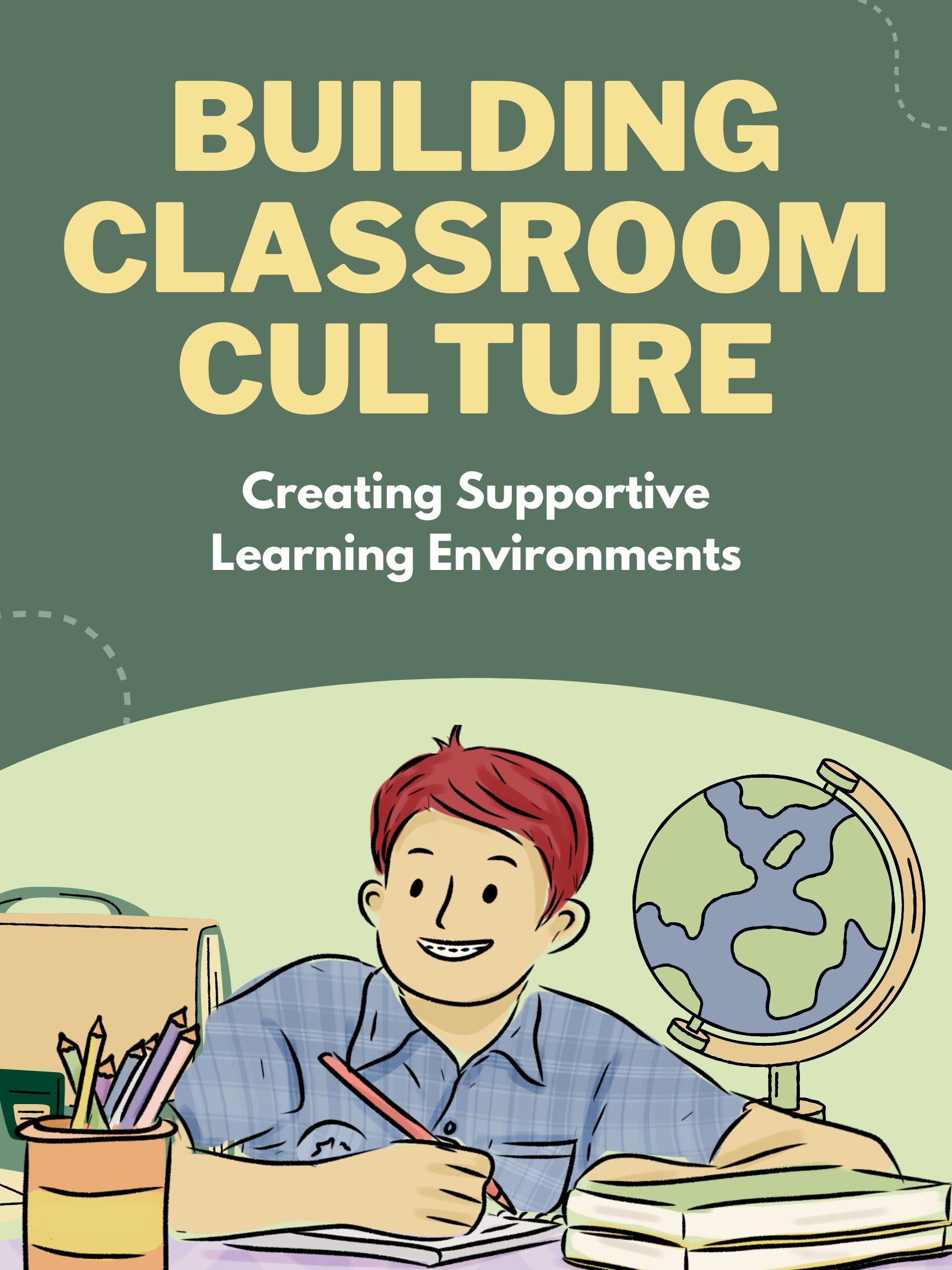
Instructor:
David A. Beyers Ed.M.
Accredited By:
- Colorado State University Pueblo
Grade Type:
University Transcript: Pass/Fail Grade
Course Description
The goal of this course is to provide participants with proven strategies and tools for creating and maintaining a healthy classroom culture.
View Full Course Description
$425
3 Semester Graduate Credits
Item categoryeducation-and-the-brain not found.Item ma-categoryeducation-and-the-brain not found.Item categoryeducation-and-the-brain2 not found.Item ma-categoryeducation-and-the-brain2 not found.
Building Classroom Culture
- 3 Graduate Credits -



Course Objectives
From this course, participants will:
- Identify the key tenets of social-emotional learning, culturally-responsive teaching, and equitable educational practices.
- Explore strategies for building community with and among their students, families, colleagues, and the community.
- Examine the impact of instructional practices, assessment strategies, material selection, and the Digital Divide on classroom culture.
- Devise actionable steps towards creating a more positive classroom culture.
Credit Hours
3 Semester Credits (post-baccalaureate professional development credit)
Course Instructor
David A. Beyers Ed.M.
Accredited By:
- Colorado State University Pueblo
Grade Type
University Transcript: Pass/Fail Grade
Building Classroom Culture
What Others Are Saying...

